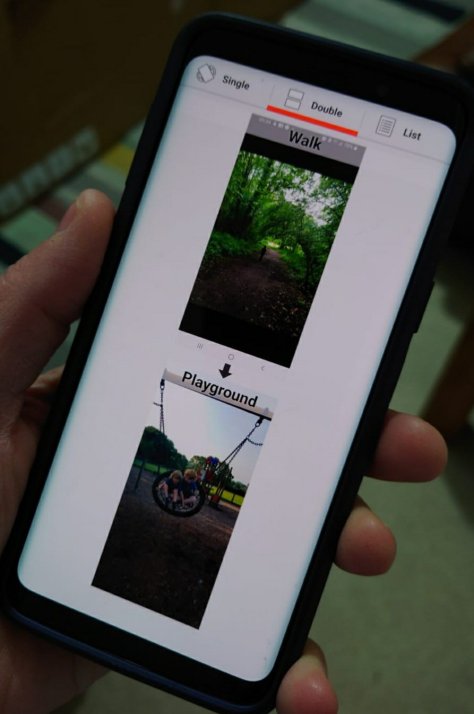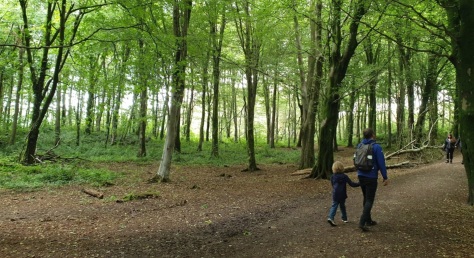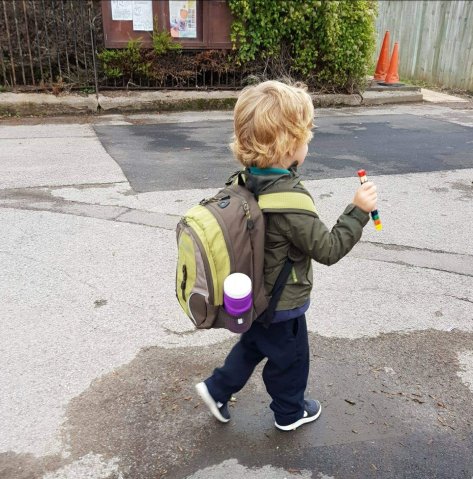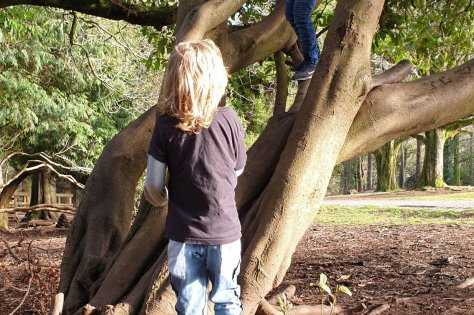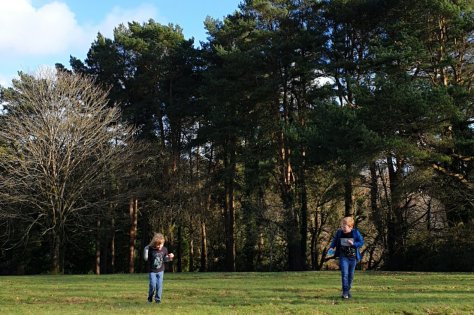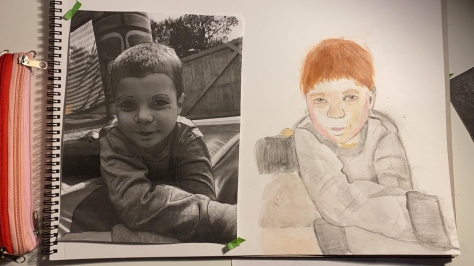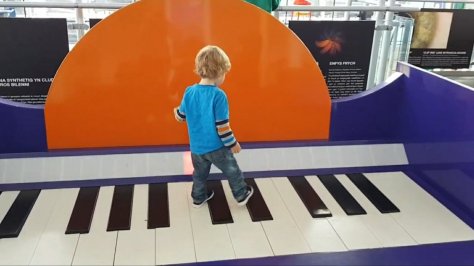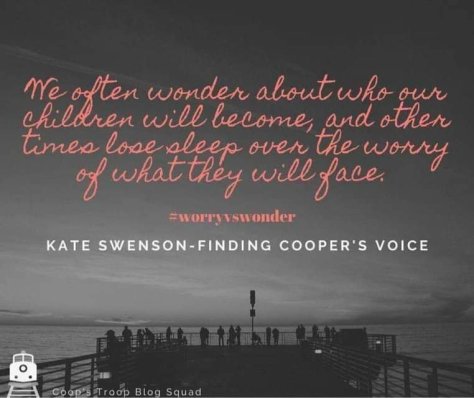“Autism. My son is autistic.” Those were words I said to myself, over and over again, as I tried to let them sink in. They had come as a shock to me, I was someone who had never had any experience in additional needs.
Autism had just been a word I had heard of, but had no context. It had never featured in my life and there had never been a need to research about it.
But my son, who was still the same little boy before the diagnosis, was autistic. This wasn’t a delay or something he would grow out of, it was part of who he was.
“You don’t need to tell anyone if you don’t want to.” said the paediatrician across the table from me and my husband, “that is your decision. You can call it whatever you like. A communication condition or social complex need. But you will have the formal diagnosis to get the support he needs”

As the days and months passed, I only told family and close friends. I felt like I was living in a parallel world where other people’s lives moved around me in a haze while I just thought “Autism, autism, autism”
I needed that time. I needed it to process the reasons for my son’s meltdowns, communication delay and absence from our world. It had come as a shock to the system. A shock I had to take time to process.
I talk about myself and my need to mentally process the diagnosis, even though it was not my diagnosis, it was my son’s. My son was only three, and to him nothing had changed. He still did what he did every day, sorting out his number cards and watching the motion of wheels as he spun them on his toy cars.
On the outside I carried on as I always had.
In the park I would refer to my son by name, “This is Rhys”, I would respond to a stranger during an impromptu conversation. His muteness was easily overlooked. He was only three, where ignoring adults could be easily seen as acceptable.
It took me six months to finally say the words, “My son is autistic”.
I started to tell strangers about his diagnosis when I mentioned my children being at different schools, or when Rhys would gently push a small child aside to get past, or when he would not answer to a question an adult had directed at him.
It started to give me closure, and I felt relief as I started to share a ‘secret’ I have buried away for so long.
It allowed me to share awareness, show people what autism was. My son was just like every other child in the park, the play centre, and the supermarket, and I wanted people to know that.
I spoke about autism whenever someone asked questions about Rhys, it was part of him and something that would grow with him as he got older.
But then something changed.
I stood in the park last week. Rhys spun on the bucket seat, absorbed in the motion of the spin, and I watched him from afar.

“How old is your son?” a lady asked, her daughter starting to climb up the steps to the slide, alongside us.
“He’s six” I answered, “how old is yours?”
We exchanged details of our children, our crazy lives, the local area and the weather. Then we bid each other farewell.
I then stopped and replayed our brief conversation in my head. Not once had I mentioned Rhys’ autism, not once had I said, “He’s autistic”.
I had just spoken about my boy and who he was – his age, his school, his siblings. I realised that I didn’t need to jump in and announce his diagnosis, and give examinations to strangers, or let everyone know. I never give a run down of my other children’s characteristics, strengths and challenges, so why should I do that for Rhys?
I will always educate about autism and talk about it when there is a need, but I feel I have moved to the next phase. Years ago I took time to accept my son’s diagnosis, then I found the courage to talk about it and share his differences, but now I have realised that not every situation is about his autism, it is about him and who he is as a person.
I want to talk about my son. About the amazing things he has accomplished. His cheekiness. His sneaky and quirky character.
He is autistic, but that is not what he is, it is part of him.
Autism doesn’t define my son. Nothing defines my son, except who he wants to be.





